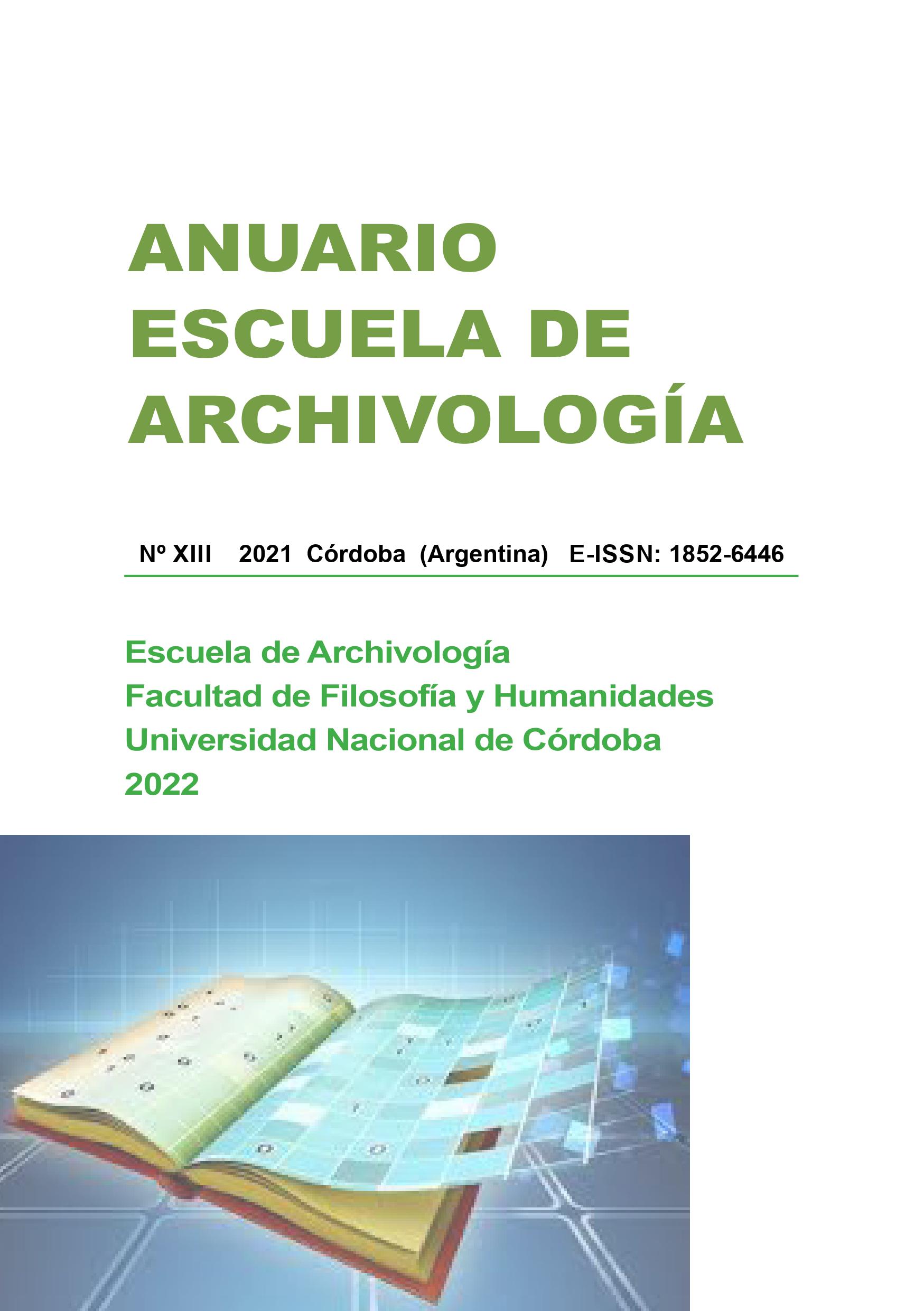Evaluación de documentos de archivo digitales: continuidades y rupturas
Resumen
En las últimas décadas, los cambios en la dinámica de las organizaciones y en la forma de producir documentos han generado nuevos desafíos para el área de archivos. La producción masiva de documentos en formato digital llevó al área a repensar algunas de sus prácticas y teorías, con repercusiones en todas las funciones archivísticas. En este contexto, se hace aún mayor la necesidad de evaluar para decidir qué merece ser preservado permanentemente y qué puede ser eliminado en el corto, mediano o largo plazo. Las dificultades y especificidades asociadas a la gestión y conservación de documentos digitales en el contexto de una sociedad altamente conectada, con organizaciones cada vez más horizontales y menos jerárquicas, han dado lugar a nuevas reflexiones y desarrollos teóricos y metodológicos en el campo de la valoración documental. En este artículo se presentan y discuten algunas de estas propuestas en el contexto de la archivística contemporánea, destacando las continuidades y cambios en la valoración de los documentos contemplados por estas propuestas. Se concluye que, a pesar de presentarse como rupturas, las construcciones teóricas de la archivística contemporánea están fuertemente influenciadas por el pensamiento archivístico clásico y no representan una ruptura significativa, al menos en el ámbito de la valoración documental. Además, tales propuestas no brindan respuestas significativamente diferentes con respecto a la valoración de documentos digitales en comparación con el modelo de valoración elaborado a mediados del siglo XX por el archivista Theodore Schellenberg.
Palabras clave: valoración documental; gestión de documentos; documento digital; archivística.
Descargas
Publicado
Número
Sección
Licencia
Derechos de autor 2022 Esta obra está bajo una Licencia Creative Commons Atribución – No Comercial – Sin Obra Derivada 4.0 Internacional.

Esta obra está bajo una licencia internacional Creative Commons Atribución-NoComercial-SinDerivadas 4.0.

Esta obra está bajo una Licencia Creative Commons Atribución – No Comercial – Sin Obra Derivada 4.0 Internacional.


